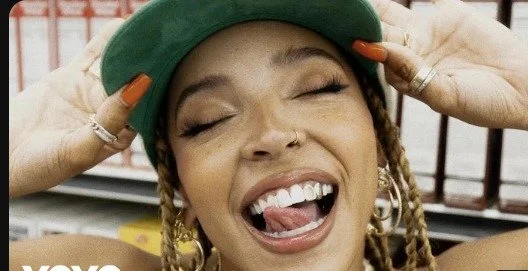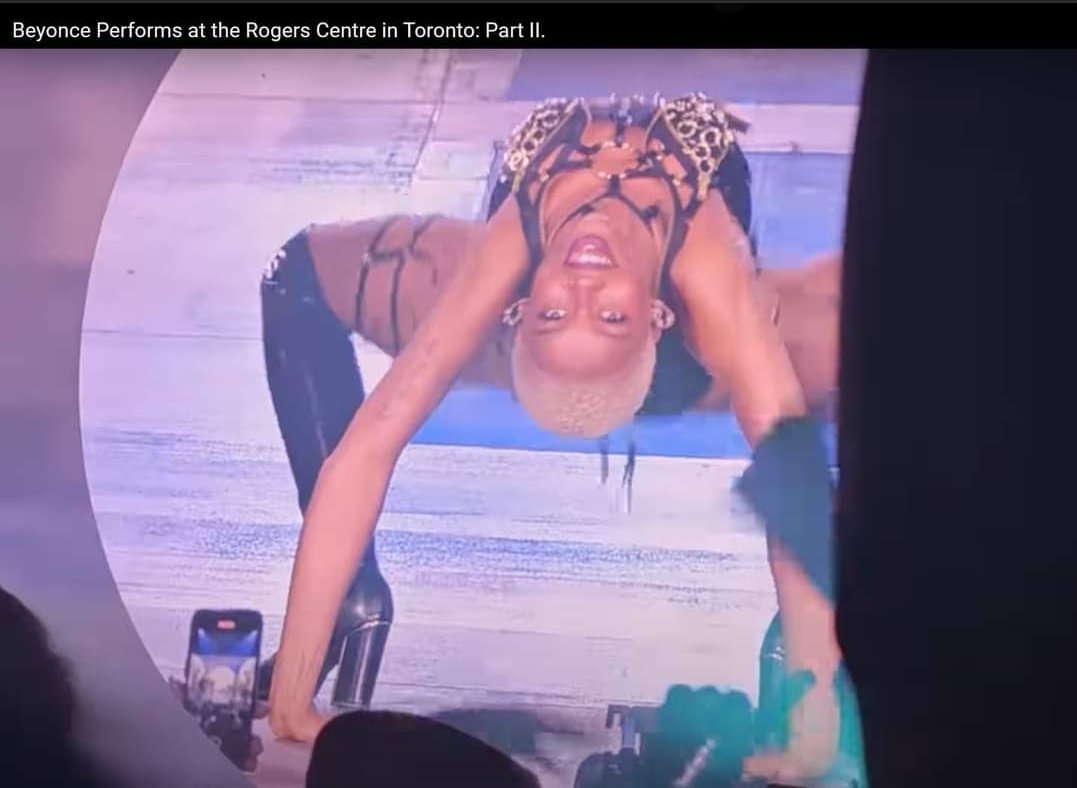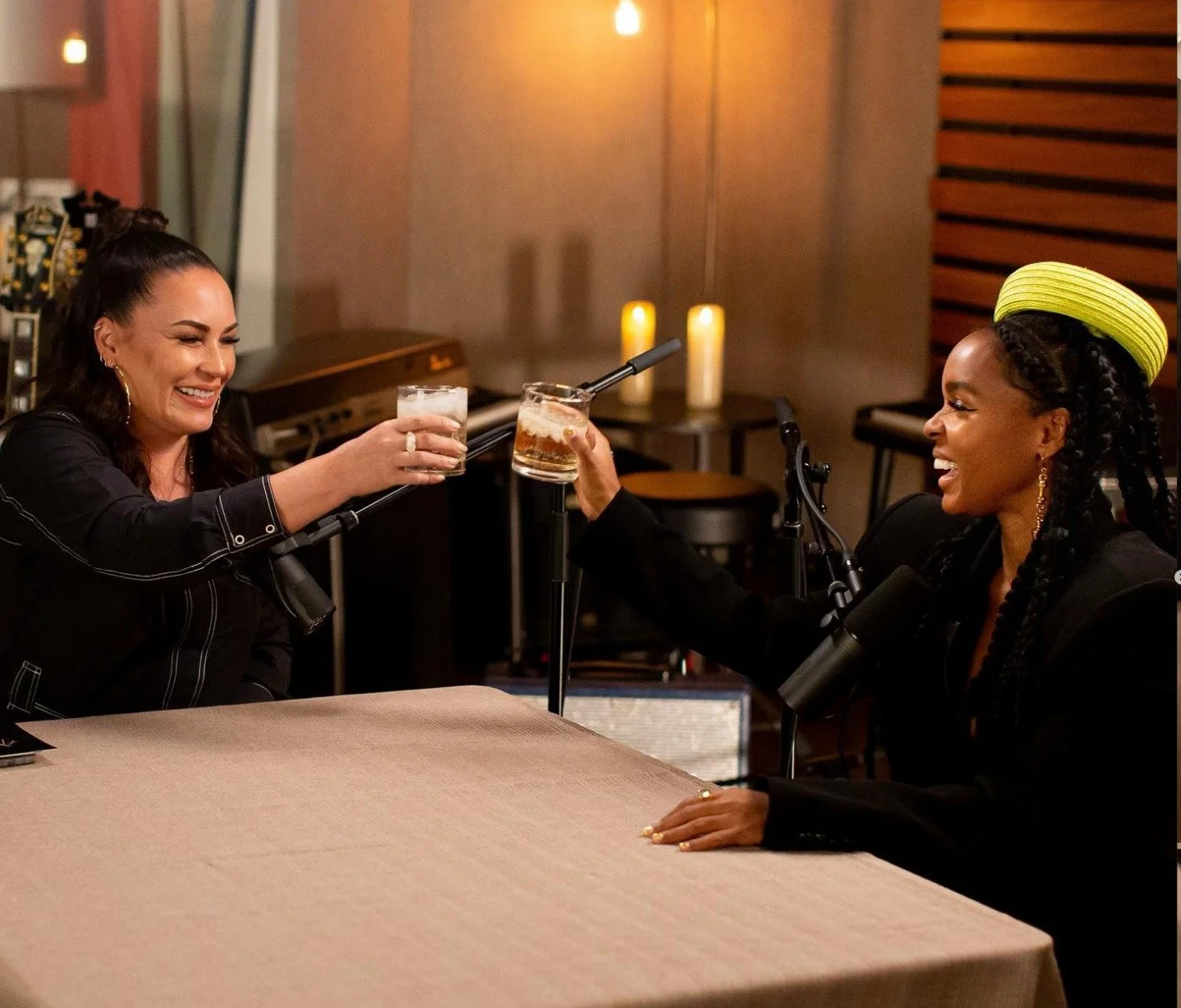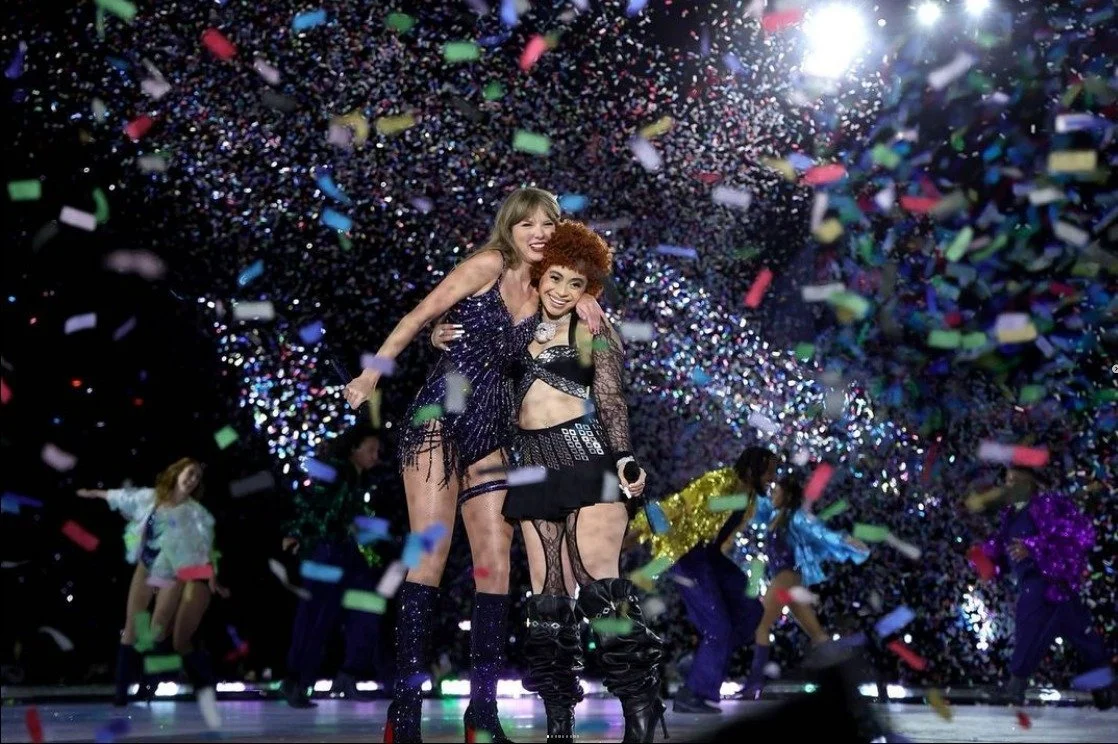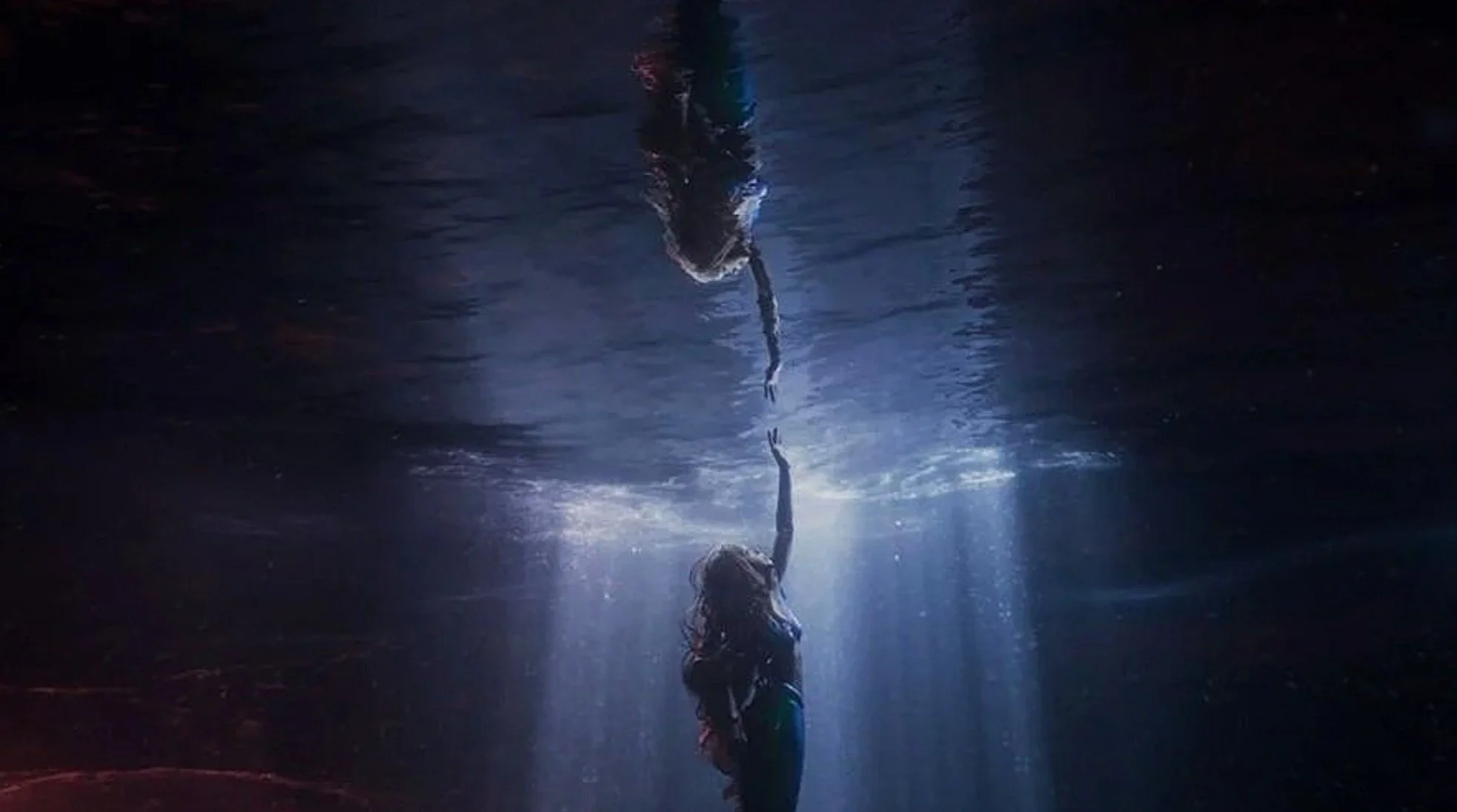Taylor Swift Under Critical Fire as 'You Need To Calm Down' Conflicts Array of Fated Complexities
Taylor Swift’s “You Need To Calm Down” Music Video is Under Heavy Fire.
Courtesy of YouTube / @TaylorSwift
Who might have imagined that a bright sounding, ostensibly LGBTQ-accommodating single, discharged during Pride month with a video including a considerable lot of popular culture's preferred strange countenances, would make such a large number of individuals jumping distraught.
However, the contention whirling around "You Need to Calm Down," Taylor Swift's most up to date single, reaches out past the ordinary part of-hairs that goes with everything Swift does.
In the week since the official arrival of "You Need to Calm Down," voices around the web have stood up about the pop star utilizing gay rights as a style thesis and comparing the online loathe she's gotten to the viciousness that the LGBTQ people group has truly confronted. What's more, since the music video's discharge on Monday, a scene delineating hostile to gay nonconformists as backwoods folks has touched off new influxes of analysis.
This isn't the first run through Swift has been hit with cases of social allocation, from her twerking foundation artists in her "Shake it Off" video to, all the more as of late, Beyonce fans calling attention to the likenesses between her 2019 Billboard Music Awards execution and Bey's 2018 Coachella featuring sets.
Be that as it may, with "You Need to Calm Down," faultfinders aren't simply reacting to a scene or two of negligent imagery.Swift's goal with her new single appeared to be to alignherself with LGBTQ fans – filling her music video with strange stars, appearing at New York's memorable Stonewall Inn to perform and sharing a suggestion to take action for audience members to sign a request supporting the Equality Act. It's her most purposeful demonstration of help of the LGBTQ people group, following past gifts to the Stonewall Inn and the Tennessee Equality Project, her 2017 exhibition with Haley Kiyoko at the Ally Coalition show, and later open reactions of Tennessee congresspersons Marsha Blackburn and Lamar Alexander.
What's more, numerous fans have cheered her spotlighting of the enactment, with GLAAD revealing a spike in gifts attached to the video's discharge, other social pundits and individuals from the LGBT people group met her endeavors with a "No, much obliged."
Taylor Swift has used the previous couple of years gradually uncovering her political perspectives in the wake of getting across the board analysis for remaining quiet during the 2016 decision, and with her "You Need To Calm Down" discharge, she's undeniably utilizing her stage for good, to lecture solidarity and fund-raise for LGBTQ-supporting associations.
But then, numerous pundits asked why it took such a long time for Swift to talk up about gay rights. "When it comes to making public statements in support of these issues, Taylor waited a relatively long time: until after Katy Perry, after Lady Gaga, after Kacey Musgraves,"Jon Caramanica composed for the New York Times, calling attention to that her superstar filled video "is a commendable festival, however it is likewise conceivable spread" for her long stretches of quietness.
Rather than sharing her perspectives prior in her vocation, when LGBTQ issues were less standard, for what reason did she hold up until 2019, when surveys have appeared more Americans than any other time in recent memory are steady of the network's progression? What's more, considering the single's capacity in the rollout of her new collection "Darling," the melody's adversaries likewise have pondered whether Swift is mentioning her help as an advantageously planned limited time strategy.
"Eight years after Lady Gaga’s 'Born This Way,' which came from an artist who was out as a bisexual woman at a time when the gay rights movement had far less mainstream traction than it does now, “You Need to Calm Down” looks even more pathetic," Christina Cauterucci composed for Slate.
In a Tumblr post, Swift firmly denied that she had any expectation of queerbaiting her fans - or pretentiously prodding her sexuality - during her "You Need to Calm Down" rollout, explicitly reacting to a web gossip that she and Katy Perry had intended to kiss toward the finish of the video. "To be an ally is to understand the difference between advocating and baiting," she composed. "Anyone trying to twist this positivity into something it isn't needs to calm down."
Courtesy of YouTube / @TaylorSwift
That being stated, certain parts of Swift's "Lover" collection cycle raised doubts among certain fans that she was inclining toward the long-stewing open hypothesis that she is cross-sexual. To begin with, Swift cocked eyebrows by prodding a declaration coordinated to Lesbian Visibility Day on April 26, which was later uncovered to be her past single "Me." Adding to the faulty optics, a few watchers called attention to that one of Swift's wigs in the "You Need to Calm Down" was colored in the blue/purple/pink hues and example of the cross-sexual banner.
Faultfinders likewise indicated the video's feature snatching last scene, in which Swift and her previous irresolute rival Katy Perry embrace and make up, as a diversion from the video's whole LGBTQ-driven point.
"The video closes with a reconciliation between Swift and longtime rival Katy Perry—two straight women—detracting from the pro-gay-rights theme," Jordan Julian remarked on the Daily Beast. "katy perry and taylor swift became friends just in time to exploit pride month that's a funny coincidence," a Twitter client remarked.
Furthermore, as Wesley Morris composed for the Times, "There’s something risible about the idea of these two straight, well-intended, politically hapless women providing the dismount for a plea for equal rights while actual gay people have just been throwing gay-wedding cake all over each other."
Courtesy of YouTube / @TaylorSwift
"You are someone that I don't know/But you're taking shots at me like it's Patrón" Swift starts "You Need to Calm Down," proceeding to sing about tweets and web prowlers in verses that appear to concentrate on the online badgering she's accomplished all through her profession.
And afterward, in the middle of, the melody turns to reprimanding provocation of LGBTQ individuals, with the line "shade never made anybody less gay" and further references to marches and outfits. To expel any uncertainty who she's singing about, the tune's verse video re-adapts the line to peruse "GLAAD," referencing the main LGBTQ backing association.
Be that as it may, a few fans saw "You Need to Calm Down" as blameworthy of conflating Swift's web haterade with the risks the LGBTQ people group has looked headed for standard acknowledgment.
"Its breathtaking argument: that famous people are persecuted in a way meaningfully comparable to queer people," Spencer Kornhaber expounded on the tune for the Atlantic, bringing up that, while a snarky online remark may comprise Swift's previously mentioned "shade," that is vastly different than "a parent who disowns a trans kid, or a lawmaker who tries to nullify same-sex marriages, or a church member who crashes a gay soldier’s funeral."
Past the melody's verses, the delineation of against LGBTQ dissidents in the "You Need to Calm Down" video likewise troubled a few watchers, in which a dusty-looking horde, unmistakably coded as industrial, hollers at Swift and her fantastic companion, holding signs perusing "Adam + Eve, not Adam + Steve."
Courtesy of YouTube / @TaylorSwift
For Esquire, Dave Holmes scrutinized Swift's methodology, kidding, "If there’s one thing that has been shown to get through to homophobes, it is casting them as ugly and poorly-educated. They take it to heart and it works every single time and it is a shame more people don’t do this."
Reprimanding the video's scene ended up being a joining factor for faultfinders on both the left and right sides of the political range, who resounded the regular contention that Swift's portrayal of hostile to gay nonconformists as rednecks was a shocking slip.
Courtesy of YouTube / @TaylorSwift
"I think it’s especially disappointing though because Swift started her career creating music that appeals to the demographic she is now maligning as bigots," the Daily Caller's Amber Athey tweeted about the scene. "You hate to see stars turn on their fan base, and she should know better than to promote this stereotype."
In the interim, composing for the Independent, Nathan Ma contended that, rather than satirizing the rustic common laborers in her video, Swift could have guided her analysis at an all the more dominant gathering - government officials that help hostile to LGBTQ enactment.
Courtesy of YouTube / @TaylorSwift
"It's not hard to imagine an easier target for Swift's flying of the rainbow flag than low-income rural communities," he composed. "Where is Mike Pence, who voted against the Employment Non-Discrimination Act in 2007, which would have banned acts of workplace discrimination based on sexual orientation? Or the president himself, who has repeatedly demonized transgender people and limited their access to the resources they need?"
Courtesy of YouTube / @TaylorSwift
More related articles to read from this panel!
Also check out our current magazine ‘The Aftermath’ Issue & other publications we’ve released below.
DOSSIER Mining releases in retrograde 'In the Land of Chromatica' with Lady Gaga's Designer Xtian de Medici, Keren Wolf, FX Pose's Naomi Cruz honoring the life of Grandfather Hector of House of Xtravaganza as our 1st cover story & Award Winning Anna Schollerova from Nora K's Whisper Naked Shadow TV mini-series and much much more!! The DOSSIER Mining compared to 'The Aftermath' issue, & others before it, is elevated reaching a better and truer essence of the Cyclolore Brand from many aspects & will so moving forward.



























